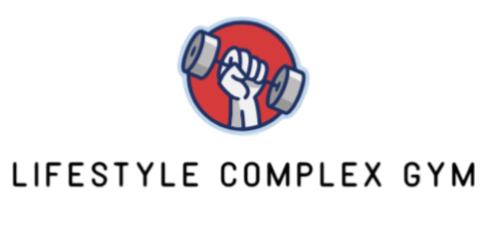The journey of Same-Gender recovery whether it pertains to overcoming substance abuse, mental health challenges, or emotional trauma requires a nuanced understanding of the unique experiences and needs faced by individuals within the LGBTQ+ community. Tailoring recovery strategies to address these specific issues can significantly enhance the effectiveness of support and interventions. One key aspect of Same-Gender recovery is acknowledging the impact of societal stigma and discrimination. LGBTQ+ individuals often face unique stressors, including internalized homophobia, societal rejection, and difficulties in accessing culturally competent care. These factors can complicate the recovery process, making it essential to provide a supportive and affirming environment. Programs and therapists who are knowledgeable about LGBTQ+ issues and who create a safe space can make a profound difference in the recovery journey.
Another crucial element is the availability of specialized support networks. Support groups and recovery programs that cater specifically to LGBTQ+ individuals can offer a sense of community and understanding that general programs may not. These tailored groups can address issues such as navigating relationships, dealing with identity-related stressors, and finding acceptance within oneself and others. They also provide a platform for sharing experiences and strategies that resonate with others who have similar backgrounds and challenges. In addition to peer support, professional counseling should be approached with sensitivity to LGBTQ+ issues. Therapists who are experienced in working with Same-Gender clients can offer guidance that respects and integrates their unique experiences. This includes understanding the role of gender identity in the individual’s overall mental health and recovery. Culturally competent care can help address issues like minority stress, trauma, and relationship dynamics, which are critical for effective recovery.
Family and social support also play a significant role in 同性挽回. Often, LGBTQ+ individuals may experience estrangement or lack of support from family members. Recovery programs that involve family therapy or education can help bridge these gaps, fostering better understanding and support from loved ones. This holistic approach can strengthen the recovery process and contribute to long-term success. Furthermore, addressing the intersectionality of Same-Gender recovery is important. Many individuals may face compounded challenges related to race, socioeconomic status, or other aspects of their identity. Recovery strategies that consider these intersecting factors are more likely to be effective and inclusive. For instance, culturally relevant interventions can address the specific needs of individuals from diverse backgrounds within the LGBTQ+ community.
